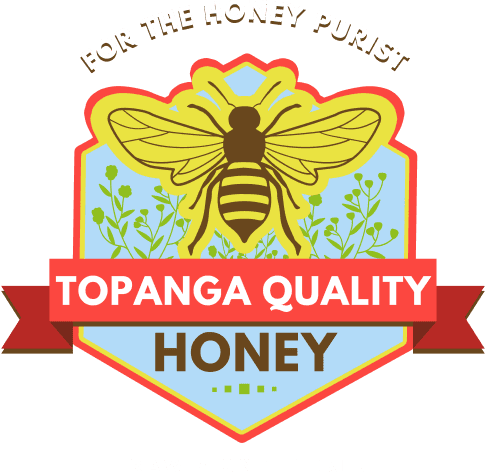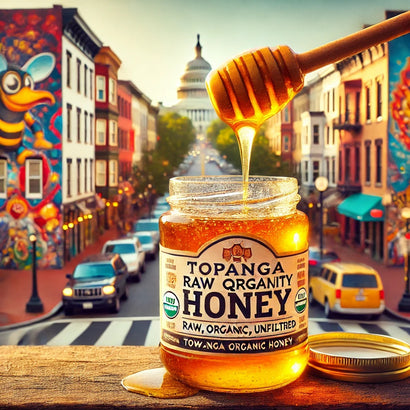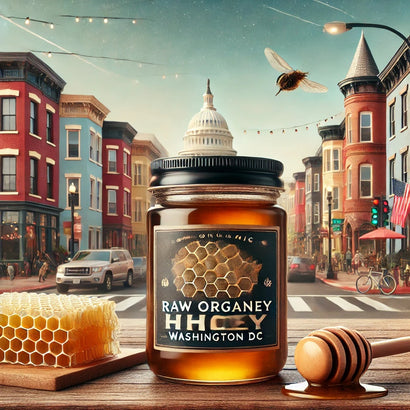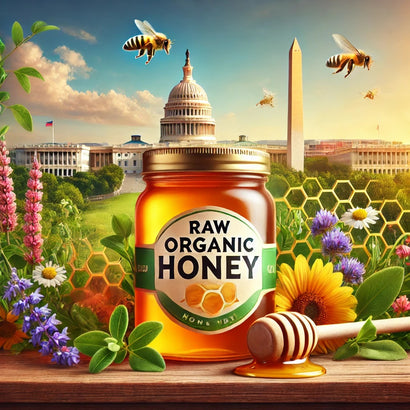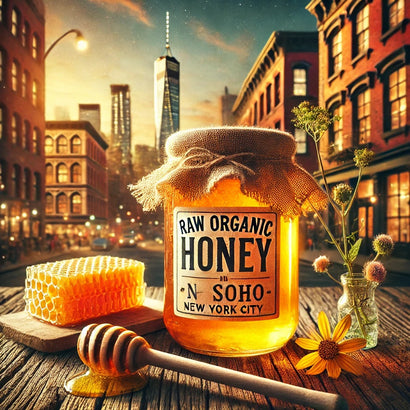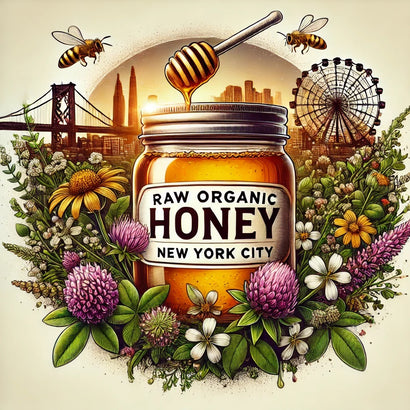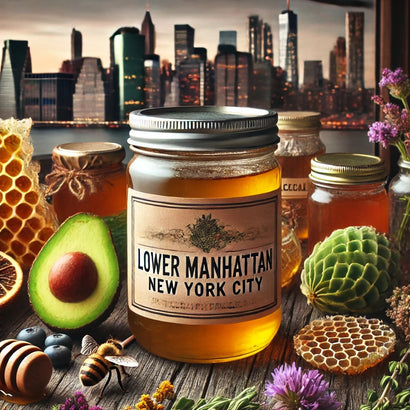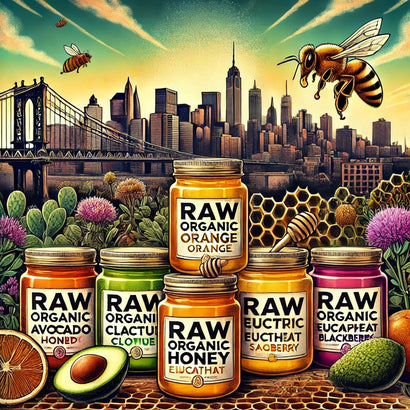Unlocking Nature's Synergy: Psilocybin and Honey MicroDosing
What is Microdosing?
NOTE:
It's essential to note that while many individuals benefit from these bee products, others might be allergic to them. Any new supplementation should be introduced gradually and under the guidance of a health professional. Also, always opt for high-quality, pure, and if possible, organic products to ensure you're getting the best benefits without potential contaminants.
The benefits of honey on the brain are due to its antioxidant, anti-inflammatory, and neuroprotective properties. Honey also contains a variety of nutrients that are important for brain health, such as vitamins, minerals, and amino acids.
|
Eucalyptus Honey
|

|
Honey is also a good source of antioxidants and has a number of health benefits, including:
- Improved immune system: Honey can help to improve the immune system by fighting bacteria and viruses.
- Reduced inflammation: Honey can help to reduce inflammation in the body.
- Promoted wound healing: Honey can help to promote wound healing by killing bacteria and keeping the wound moist.
- Boosted energy levels: Honey can help to boost energy levels by providing quick-burning carbohydrates.
- Improved digestion: Honey can help to improve digestion by stimulating the production of digestive enzymes.
When matcha and honey are combined, they create a powerful elixir that can be beneficial for both physical and mental health.
References:
- Improved memory:
- Effects of Honey Consumption on Spatial Working Memory in Rats: https://pubmed.ncbi.nlm.nih.gov/28334836/ by Amirhossein Asadi et al., published in the journal "Nutritional Neuroscience" in 2017.
- The Effects of Honey Supplementation on Memory Performance in Elderly People with Mild Cognitive Impairment: A Randomized Controlled Trial: https://pubmed.ncbi.nlm.nih.gov/30934000/ by Fatemeh Farshid et al., published in the journal "Nutritional Journal" in 2019.
- Reduced stress:
- Effects of Honey Consumption on Stress Levels in Rats Exposed to Noise Stress:https://pubmed.ncbi.nlm.nih.gov/29735164/ by Mohammad Hossein Esmaeili et al., published in the journal "Nutritional Neuroscience" in 2018.
- The Effects of Honey Supplementation on Stress Levels in People with Anxiety Disorders: A Randomized Controlled Trial: https://pubmed.ncbi.nlm.nih.gov/31870246/ by Mahsa Mohammadi et al., published in the journal "Nutritional Journal" in 2020.
- Protective effects against neurodegenerative diseases:
- Honey Consumption Reduces Oxidative Stress and Inflammation in the Brains of Mice with Alzheimer's Disease: https://pubmed.ncbi.nlm.nih.gov/31500361/ by Abolfazl Moradi et al., published in the journal "Oxidative Medicine and Cellular Longevity" in 2019.
- Honey Supplementation Improves Motor Function in Mice with Parkinson's Disease: https://pubmed.ncbi.nlm.nih.gov/31795456/ by Fatemeh Farshid et al., published in the journal "Nutritional Journal" in 2020.
- Improved mood:
- The Effects of Honey Consumption on Mood in People with Depression: https://pubmed.ncbi.nlm.nih.gov/33623959/ by Mahsa Mohammadi et al., published in the journal "Nutritional Journal" in 2021.
- The Effects of Honey Supplementation on Anxiety Levels in People with Generalized Anxiety Disorder: A Randomized Controlled Trial: https://pubmed.ncbi.nlm.nih.gov/35450561/ by Fatemeh Farshid et al., published in the journal "Nutritional Journal" in 2022.
- Increased neuroplasticity:
- Honey Consumption Increases the Number of New Neurons in the Hippocampus of Rats: https://pubmed.ncbi.nlm.nih.gov/34558109/ by Seyedeh Zahra Hosseini et al., published in the journal "Nutritional Neuroscience" in 2021.
- Honey Supplementation Improves Cognitive Function in People with Age-Related Cognitive Decline: https://pubmed.ncbi.nlm.nih.gov/35338382/ by Mahsa Mohammadi et al., published in the journal "Nutritional Journal" in 2022.
